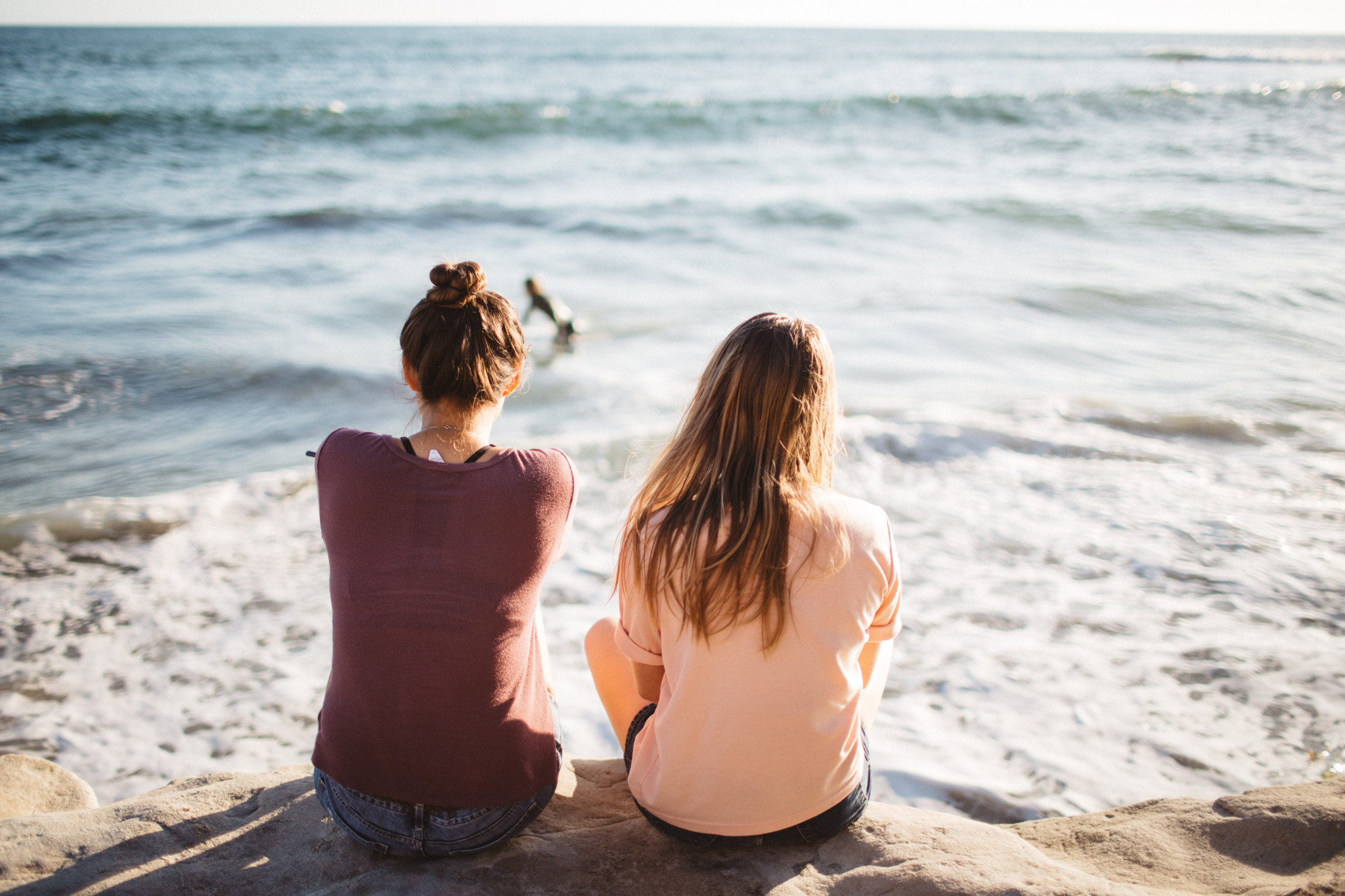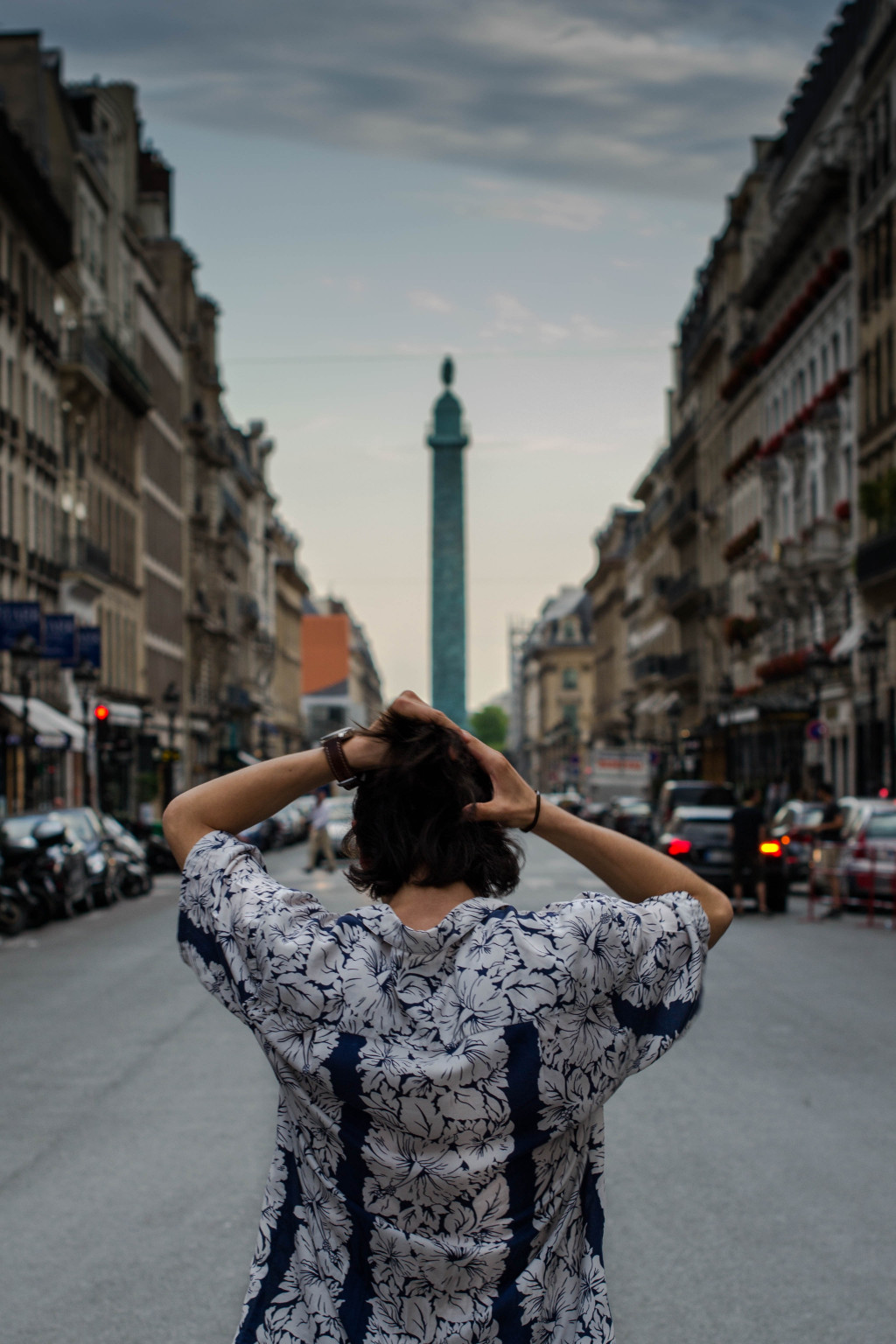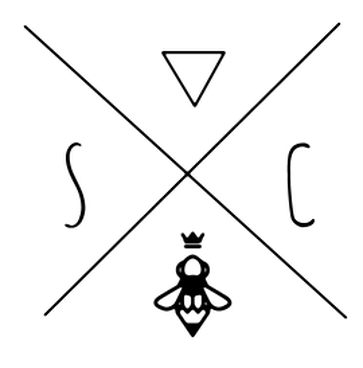The Ugly Reality of Losing a Friend
Sometimes, grief is just as strong when those you loved and lost are still alive. It is natural for people to drift apart. Whether from distance, time, or a change in ideologies. However, when you are cut out of someone's life and given no explanation, a whole new form of loss develops. There is no closure and no answers to your many questions. Ultimately, you are forced to sort through the mess and wonder exactly what happened and how you got there. Confusion bubbles into frustration. So many questions buzz through your head until you start to question your own sanity.
- What exactly caused this?
- Why exactly is she mad?
- What exactly did I do to deserve this?
You can replay conversations over and over looking for answers. You can meticulously comb through every last detail until you turn blue. You can blame yourself or you can blame her. In complete honesty though, you may never know exactly why you lost your friend. Sometimes, you just have to accept that many things are out of your control. With that being said, allow yourself time to grieve, because it truly is a loss.
 Losing a friend is comparable to losing a life partner. You shared everything from clothes to secrets. And just like breaking up, losing a friend can come with confusion and heartache. You find yourself scrolling through old pictures remembering every detail of that night in the bar. You read old text messages and Facebook posts from your “forever friend”. You struggle to move on and accept your new life. Something happens, happy or sad, and you still have the urge to call your best friend. All the while, the hole in your heart grows wider and more vacant. Every day is a constant reminder of your lost friend.
Losing a friend is comparable to losing a life partner. You shared everything from clothes to secrets. And just like breaking up, losing a friend can come with confusion and heartache. You find yourself scrolling through old pictures remembering every detail of that night in the bar. You read old text messages and Facebook posts from your “forever friend”. You struggle to move on and accept your new life. Something happens, happy or sad, and you still have the urge to call your best friend. All the while, the hole in your heart grows wider and more vacant. Every day is a constant reminder of your lost friend.
Losing a friend is heartbreaking. Knowing she still exists and living her life happily is like reliving your pain day after day. It hurts to see her latest Instagram post with all her next-on-the-list-friends. You were her therapist, her caretaker, and her closest companion. You know the truth. You know that the only reason she is sharing vodka sodas with girlfriend X, Y, and Z is that she is lost and lonely. At least you hope. You hope she will not replace you. You hope it was not easy for her to leave you. You pray that the girl you loved has a heart and that she is grieving too. Unfortunately, there is no way to tell.
Losing a friend teaches you a lot. When you gain some distance from your best friend, you begin to see the flaws in your friendship. It becomes clear exactly how unevenly balanced it was. You recall all the times you cooked her dinner when she had $1.50 in her bank account. You reflect on all the late-night phone calls talking about her parents’ divorce. The unconditional, judgment-free, love you gave. With all the extra time on your hands, you start keeping score. The day your dog died and she never called. The unanswered text messages when you had a bad day. All the rejected invitations and the myriad of excuses. You start to realize that she was only there for you when it was convenient for her. Realizing this is sometimes harder than the mourning itself.
 Take your time processing, analyzing, and reflecting. Though after your period of grieving, you should take one thing from this experience: Losing a friend is not your fault.
Take your time processing, analyzing, and reflecting. Though after your period of grieving, you should take one thing from this experience: Losing a friend is not your fault.
Seriously, it is not your fault. The day you stop blaming yourself for the actions of others is the day you are free. Free yourself from second-guessing and low self-esteem. Grow a thicker layer of skin and understand that sometimes things happen. People go crazy. People change. People are selfish. People abandon you. Yes, it hurts. Yes, it is devastating at times. Yes, you should grieve for as long as you need. But, ultimately, it is not your fault. The cruel intentions of others are not a reflection of you.
However, what does reflect back on your character is your reaction. Look back on your friendship with peace of mind, not bitterness. No matter how poorly people treat you, all you can do is be kind. Be a good friend, even with the possibility of abandonment. Never let the maltreatment of others change you. You cannot control people, but you can control how they affect you. Learn from it. Grow from it. Never stop being a good friend, because eventually, good friends will come and they will stay.
 Samantha Clark has her own website at http://Samanthaashley.me, The Words and the Bees.
Samantha Clark has her own website at http://Samanthaashley.me, The Words and the Bees.
If you can relate to this article or can empathize, please leave us a comment below. Let us know what it was like when you lost a friend, how you felt. Let’s have a conversation.






